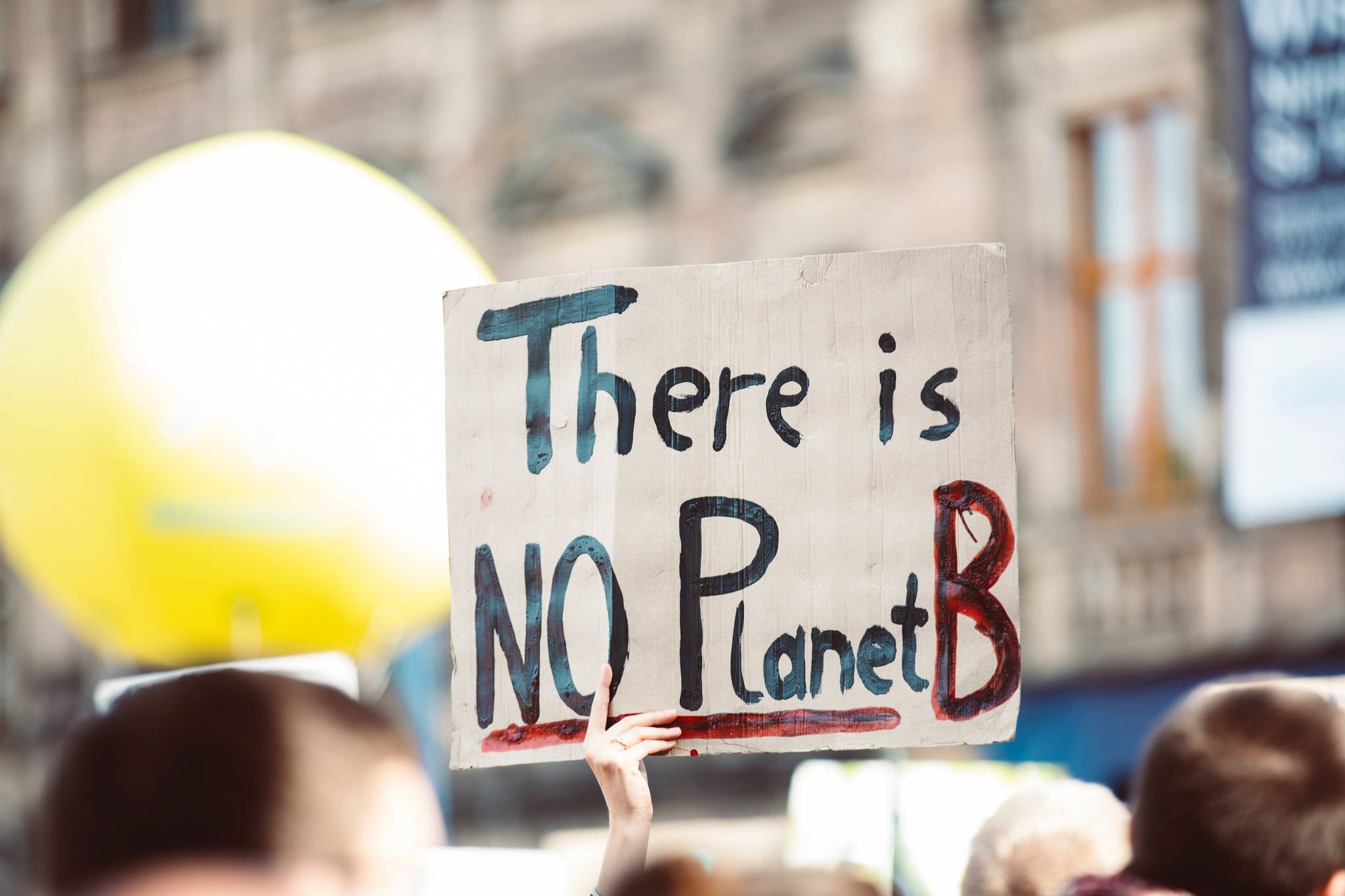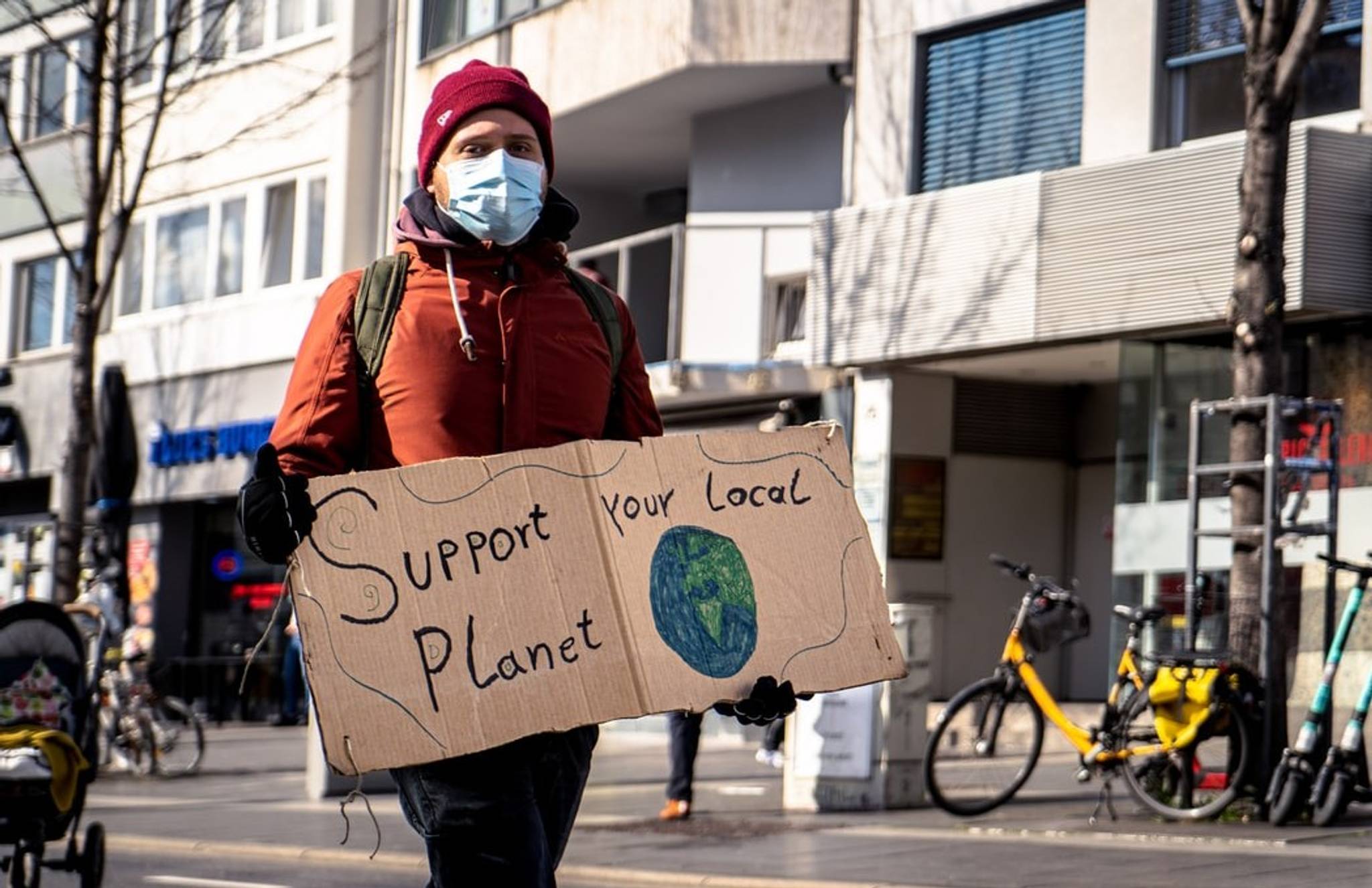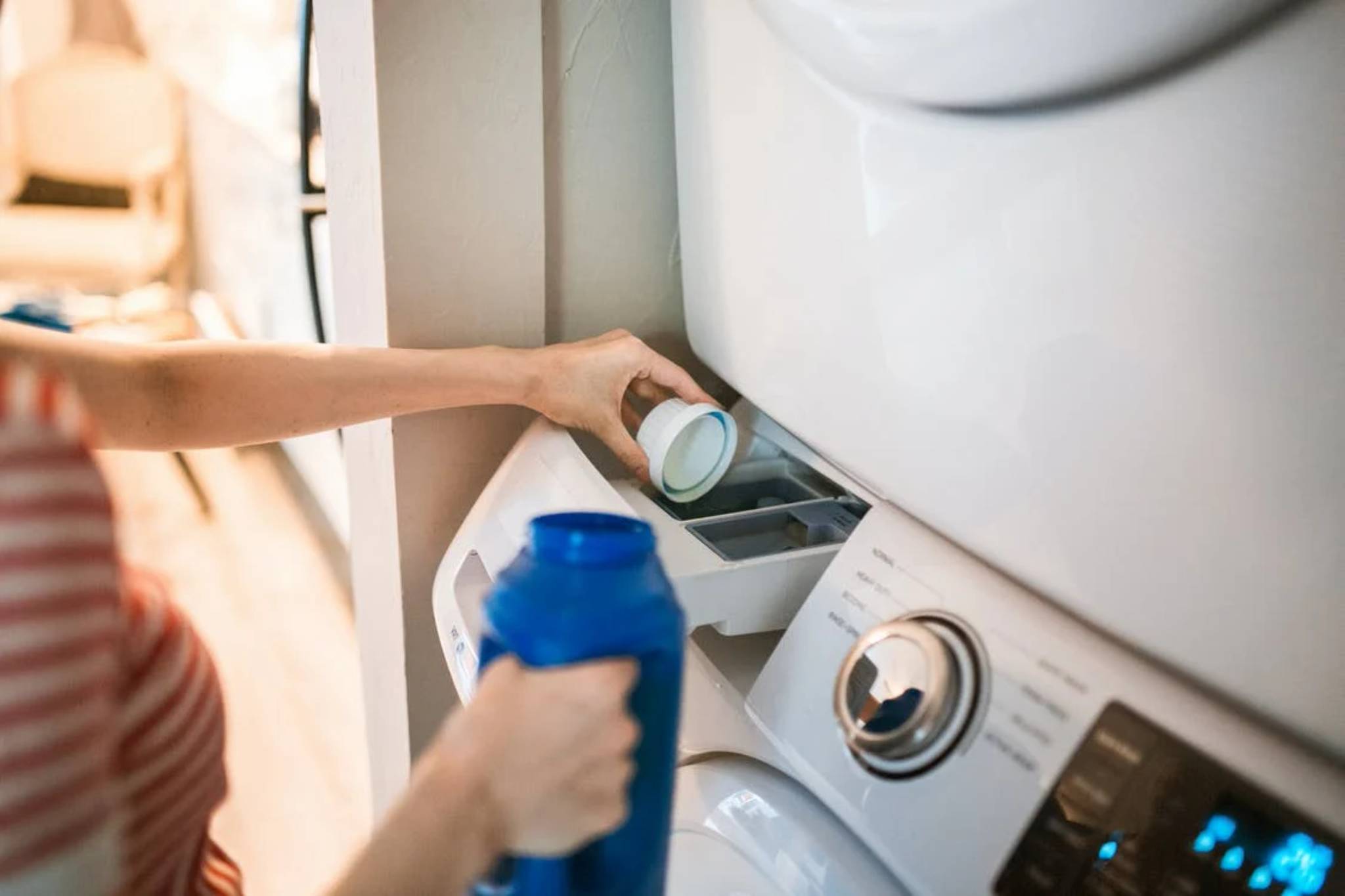
Floating plastic in oceans keeps people up at night. Litter strewn across beaches makes people itch. And rising temperatures cause people to break out in sweat (literally and figuratively). As eco-anxiety grows, people are turning to professionals to get the therapeutic treatment they need.
So what's the deal with increasing eco-anxiety? Aren't things getting a little out of hand?
Well, the short answer is yes. But with good reason.
Where once people seeking therapy for their concerns about the effects of climate change may have seemed a little OTT, with 75% of adults in Britain worried about the impact of climate change and six in 10 Americans either alarmed or concerned about the fate of the planet, reaching out to a psychologist or mental health professional for help with eco-worries is now very much a reality across the globe.
And with three-quarters of people believing the future is frightening and 56% feeling that humanity is doomed, climate change therapy is ushering in a new era of thinking about and coping with the climate crisis.
Extended reading:
🍃 Megan Kennedy-Woodard, co-author of the book Turn the Tide on Climate Anxiety, shares some practical advice on how to turn climate anxiety into eco-action.
💔 Speaking up about climate change can be a force for good, but is it ruining people's friendships?
🌻 Nothing is business as usual when it comes to the planet, and channelling eco-distress in useful ways may be helpful to save mother nature.
💻 Expanding technologies is one way to fight the climate crisis, but what about using psychology and positive emotions?
This was spotted on The Long Read, our monthly newsletter showcasing bite-size cultural analysis of the newest (and strangest!) behaviours we’ve been tracking at Canvas8 - sign up here.



